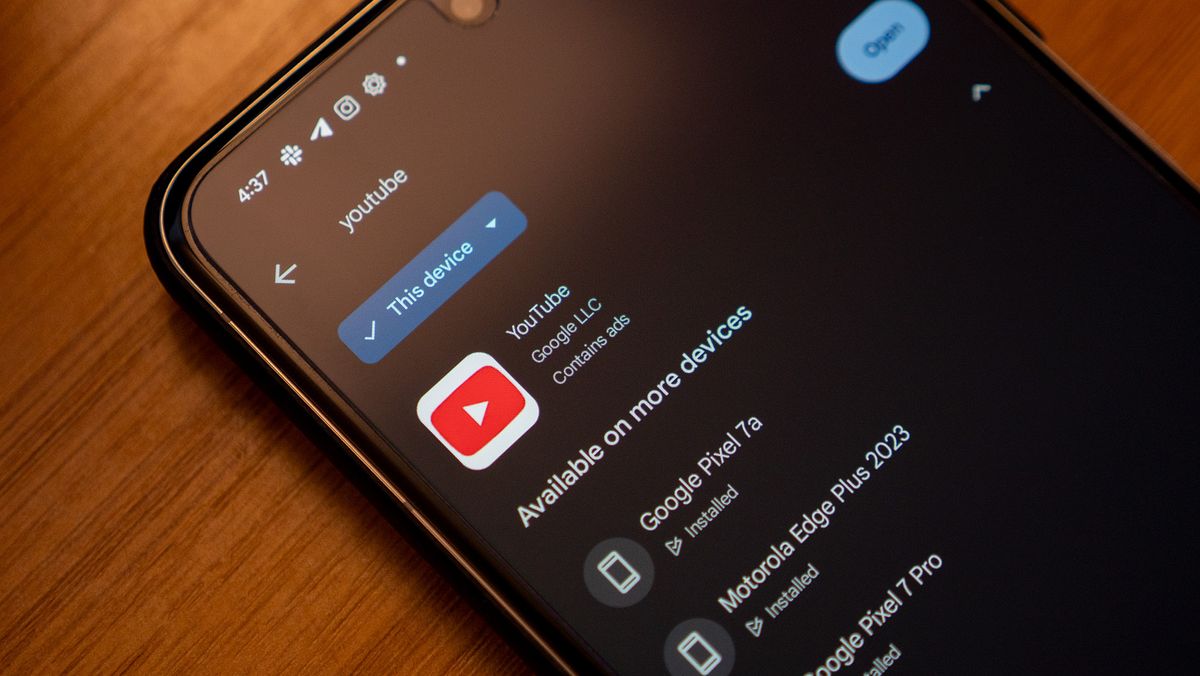What you need to know
- YouTube is reportedly testing a change to its gestures on mobile that users are not happy with.
- Swiping in full-screen scrolls through recommended long-form content, instead of entering PIP mode or returning to portrait mode
- The test appears limited as only a few users have reported the new changes.
- This gesture change seems like another way to keep users watching YouTube videos similar to the company’s “jump ahead” AI function from earlier this year.
Users have started to voice their displeasure with a sharp change to YouTube’s gestures on mobile.
As spotted by Tushar Mehta on X, YouTube is rolling out a small test to a limited number of users that changes its video gestures (via Android Authority). The user states the YouTube app on Android no longer lets users (with the test) exit their full-screen video via the swiping gestures.
The user provided a video, showing that swiping up on a video scrolls to the next recommended video for the user. This scrolling feature is awfully reminiscent of how YouTube Shorts function (which is also like TikTok).
Users have started to voice their displeasure with this change, particularly because of its existence for standard, long-form videos. Previously, swiping down on a full-screened video would send you back to its vertical, full-page view with comments and more. Swiping up would either bring up a horizontal bar of recommended videos or activate the PIP (picture-in-picture) mode.
While the swiping gesture test now forces users to scroll through their videos when full-screened, the manual exit buttons still exist. Users will still find the full-screen icon at the bottom right of their screen to return to the portrait view. Similarly, the down arrow at the top left still drops you into PIP mode.
As the publication notes, this strange change breaks “users’ muscle memory” around operating the YouTube app. Instead of exiting a video, users are left scrolling until they tap a button. It breaks the seamless nature this full-screen view used to offer. Regardless, it’s unclear if Google will roll this change out permanently, but user feedback could sway things in another direction.
The publication states it couldn’t find the change listed in any official changelogs.
Interestingly, this test could pair up with YouTube’s “jump ahead” feature. The experimental test was spotted earlier this year and was detailed as a feature backed by Google’s AI software. Reportedly, the software would locate the “best parts” of a video and offer a way for users to skip ahead to it. Essentially, the feature was highlighted as a “timesaver” for users who want to see what’s good and move on.
With that, it seems like YouTube’s new scroll gestures for long-form videos and “jump ahead” would work well. However, the AI-backed feature was spotted in a wider test for Premium subscribers.










